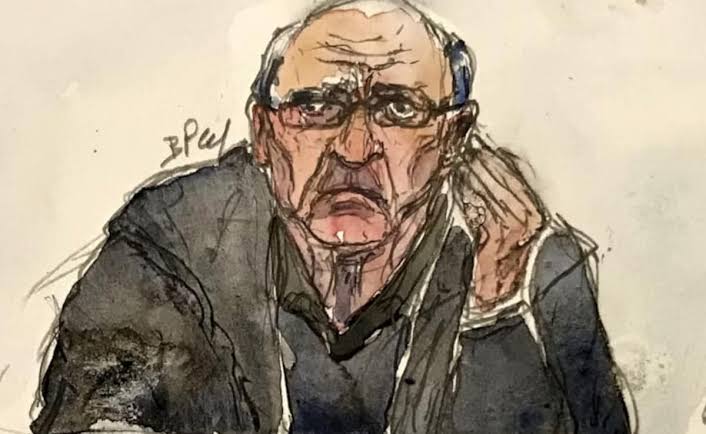
They were all present: the brother, the sister, the ex-wife, the sons, and a cousin—a familial gathering reminiscent of weddings or funerals. However, this occasion involved them taking the witness stand sequentially in a criminal court in Vannes, Brittany.
Before them stood Dr. Joël Le Scouarnec, charged with the rapes and sexual assaults of 299 victims, who were, on average, just 11 years old at the time of the abuse. For those who knew him best, the 74-year-old Le Scouarnec was a prominent figure in the family; a surgeon described as “the intellectual, someone intelligent,” as noted by his cousin Martine P., whose tone still reflected a degree of respect. She was among the few who visited him in prison.
Her opening remark was a question: “What led you to become this way?” This inquiry mirrors the question the criminal court has been grappling with since the trial commenced on February 24.
The Le Scouarnecs, like many families, possess a unique narrative. Until recently, this story was encapsulated in a few brief sentences, shared only minimally with investigators. It was a narrative so stripped down that it felt abstract: a French family residing in a suburban home near Paris during the 1950s, characterized by modest yet diligent parents, three children, and the potential for upward social mobility.
See More: François Hollande: ‘Donald Trump is no longer our ally’
The eldest son achieved his childhood dream of becoming a doctor and went on to establish his own family, which included three children. However, during the hearing, additional details gradually emerged, slowly revealing the complexities of their past.



